Kabataang Makabayan as the proverbial Boomer at 50: Are its ideals still relevant?
By Cristina DC PastorOn November 30, 1964, a geeky-looking student leader from UP founded the Kabataang Makabayan (KM), visioning it as a network of youth with socialist ideals who would be part of a campaign for a “Philippine revolution against foreign and feudal domination.” That revolution sought to establish a country led not by traditional oligarchic politicians but by the working class. Yes, pretty much like Mao Zedong’s China during the Cultural Revolution of the 1960s.
In KM, Jose Ma. ‘Joma’ Sison had in mind a large organization of progressive-minded “men and women ranging in age from 15 to 35. ” They would come from the ranks of students, workers, peasants, professionals, and other sectors. Joma became KM’s founding chairman, with many of its followers and supporters initially coming from the ranks of UP students.
Four years later, the Communist Party of the Philippines (CPP) was founded on December 26 to coincide, according to reports, with the 75th birthday of Mao, their ideological guardian. Joma is one of the CPP’s founders. The New People’s Army (NPA) became the party’s military arm and the KM its youth arm. All units in place, the underground National Democratic Front began its widespread and massive campaign, staging protest rallies against graft and corruption in the government of then President Ferdinand Marcos. The Marcos government branded them as communist troublemakers.
The KM-led First Quarter Storm of 1970 became a turning point in the underground movement. It was this sustained period of student unrest which resulted in the historic proclamation of Martial Law in 1972. A favorite staging post for rallies was Mendiola Street in Manila because of its proximity to the presidential residence in Malacanang and also because many schools are located here.
Thousands of activist students were rounded up and killed, and those who were arrested were tortured by the military; many women activists were raped. Many activists either fled abroad or went deeper underground living within rural communities.
The underground movement went through a period of ideological and leadership changes, when democracy was restored after Cory Aquino came to power in the 1980s. There was a hardening divide between hardline and moderate members, and purges within the ranks led some disillusioned members to leave the party.
At its height, KM may have numbered more than 100K, according to Yves Nibungco, chairman of Anakbayan USA.
“KM remained underground. It never died even during Cory’s time,” he said. The membership may have declined, he said, attributing it to government’s continuing “level of militarization and state persecution.”
In the New York area, Anakbayan is organizing the November 30th celebration of KM’s 50th anniversary. The event will be held at Macaulay Honors College at 35 W 67th Street from 4 p.m. to 9 p.m.
“The First Quarter Storm was an open defiance,” said Yves when interviewed by The FilAm. “It was an attempt by the people’s movement to change the government.”
Anakbayan, stated Yves, is not a member of KM but shares its ideals of “educating, organizing, and mobilizing” youth and communities toward a national democratic movement in the Philippines.
“We would like to emulate its (KM’s) contributions, and hopefully generate our own First Quarter Storm,” he said.
Former KM spokesman Bal Pinguel, now a “justice and peace advocate” living in Philadelphia, will be one of the event’s speakers. Bal was the spokesman up until martial law was declared and KM was officially declared an illegal organization. He was arrested twice. The first time in 1973 when he was held at Camp Vicente Lim in Canlubang, Laguna for more than a month, but escaped with nine other detainees. He was rearrested in Cebu in 1980 and was imprisoned for four years and seven months without trial. He was granted temporary release in 1985 after he filed a petition for the privilege of the writ of habeas corpus before the Philippine Supreme Court.
“KM was founded when I was still in second year high school so I was not around during the founding,” Bal recalled to The FilAm. “I encountered KM at the UP campus. At first I was aloof from the organization mindful of the fact that I was in the university primarily to pursue a law degree and ultimately become a politician.”
But Bal also came from a poor family. His parents were both domestic helpers to foreign businessmen residing in Manila. “My class reality coincided, so to speak, with the class analysis and class politics that KM championed in the campus,” he said.
The celebration will highlight a video message from Joma from his residence in The Netherlands, said Yves. It will be an evening of musical entertainment, cultural performances, and refreshments “and fun.”
For as long as the Philippines remains neo-colonial in structure, Bal said KM will continue to remain relevant.
“Issues like the lack of genuine land reform program that prevents redistribution of wealth in the form of land concentrated in the hands of the landlords are still the key issue in Philippine society,” he said. Those who hold political power — the Aquinos, Cojuangcos, the Marcoses, etc. — still come from the landed elite, and the failure to democratize the wealth continues to keep the country backward, he said.
“Genuine industrialization is impossible because the elite want to keep labor cheap making the formation of national, Filipino capital difficult to realize. On the aspect of having national freedom and sovereignty, the country remains a neo-colony. Despite constitutional ban on foreign military bases, the political leadership in the country willingly accommodates U.S. military troops,” he continued.
Bal called to mind the tragic case of Jennifer Laude, the transgender Filipino woman who was killed in October, according to reports, by an American serviceman.
“It seems to me that lessons from the 1970s were forgotten when Aetas in the vicinity of Clark Air Base were killed, mistaken for wild boars,” he said. “Since problems like this remain unresolved, patriotic youth organizations like KM remain relevant.”


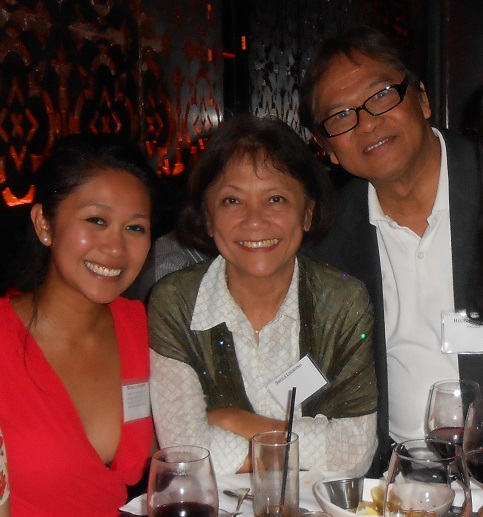


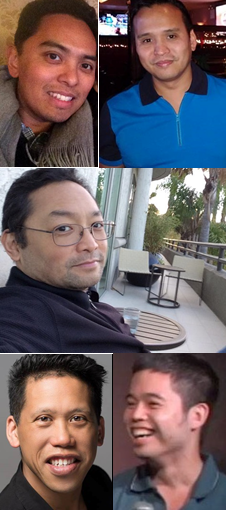

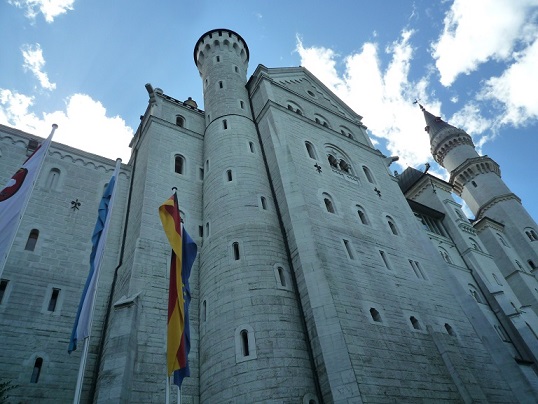


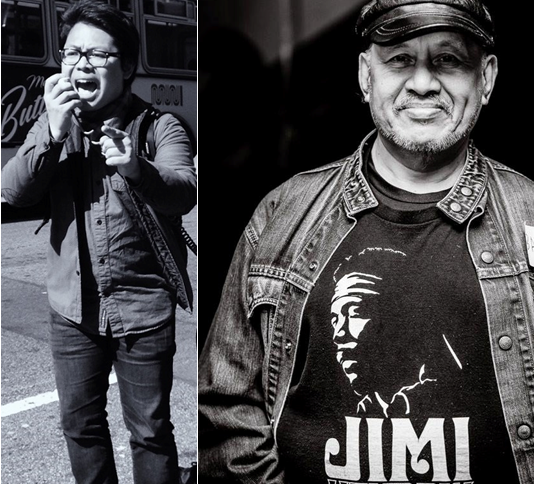
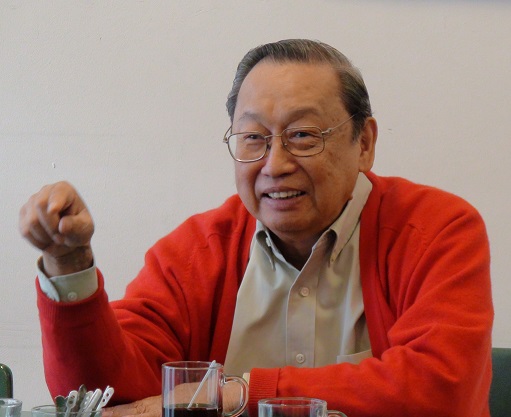
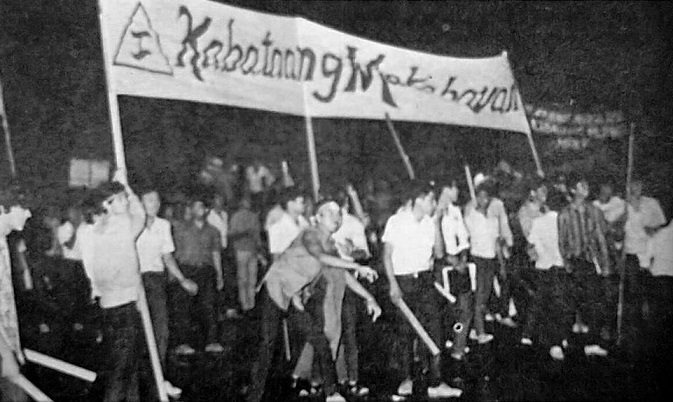
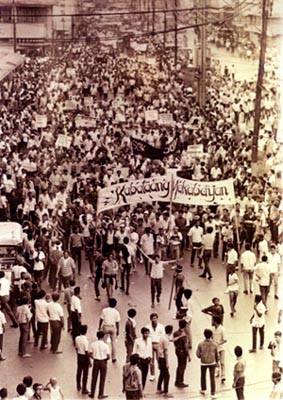

Splendid story.